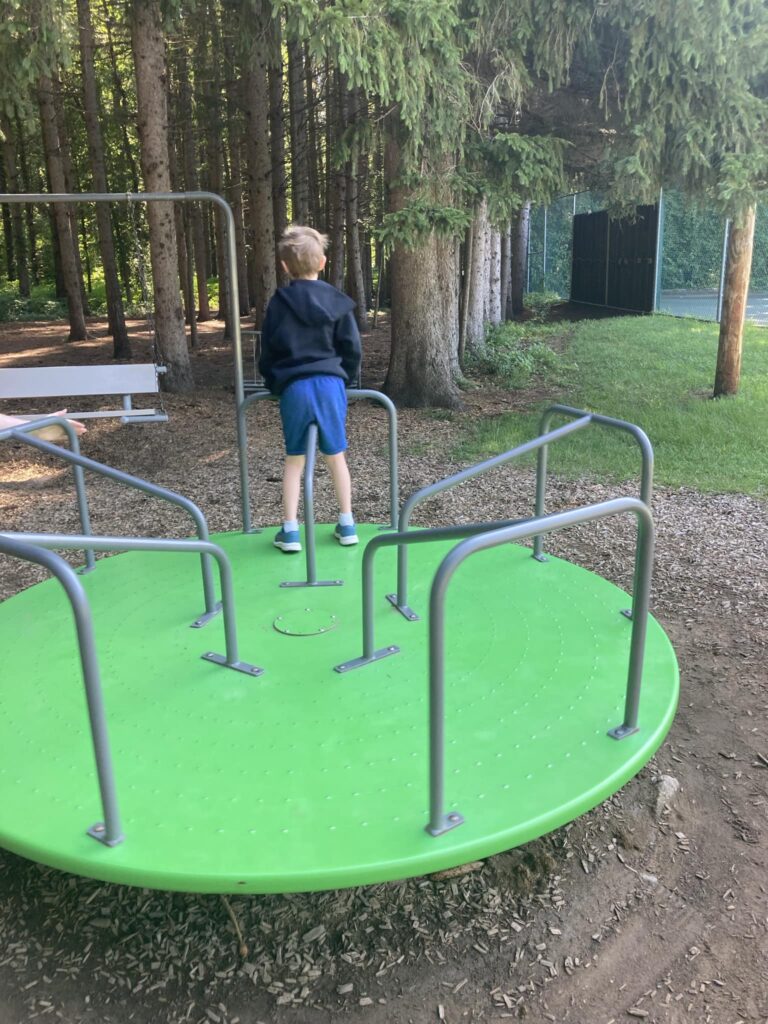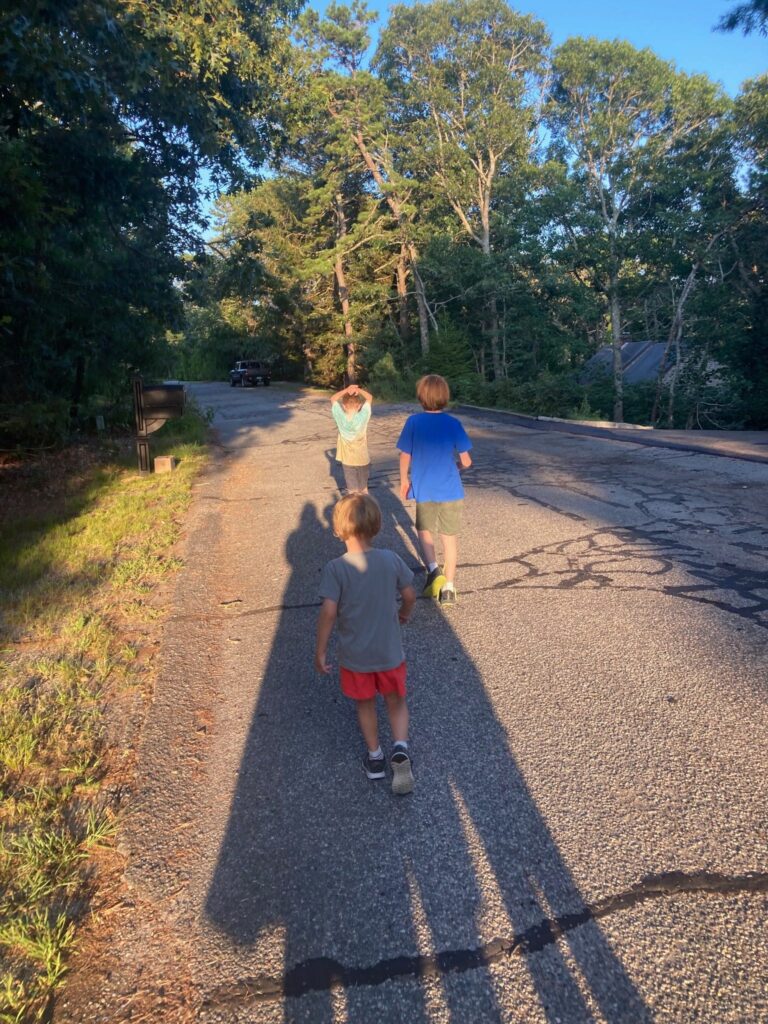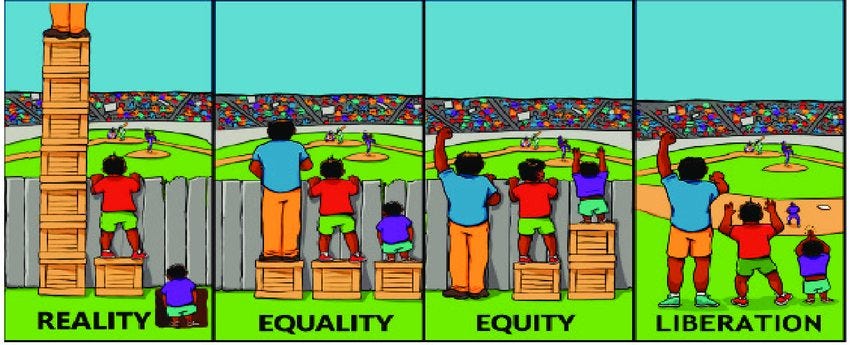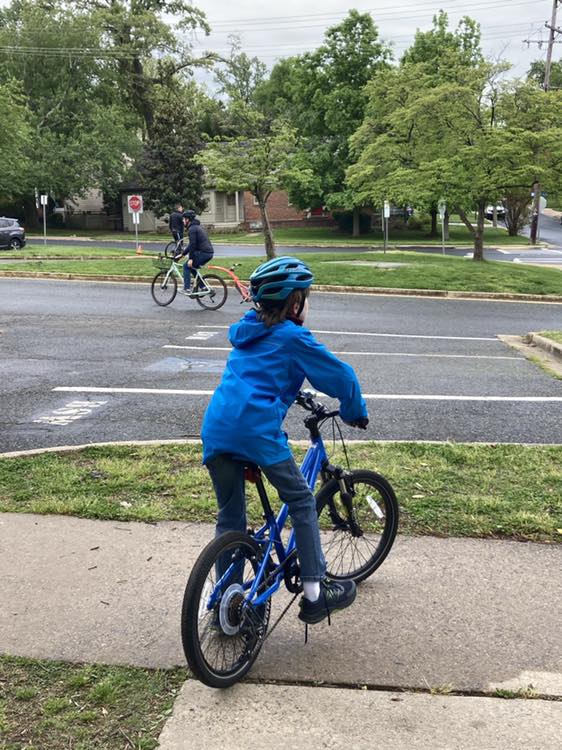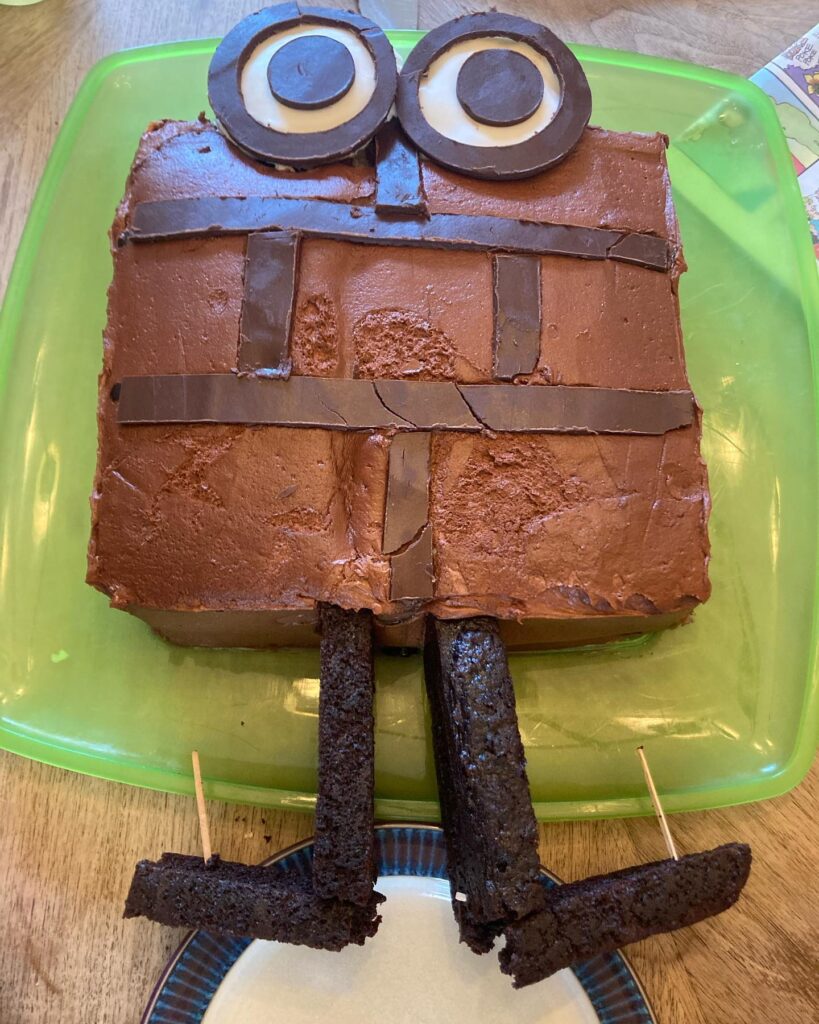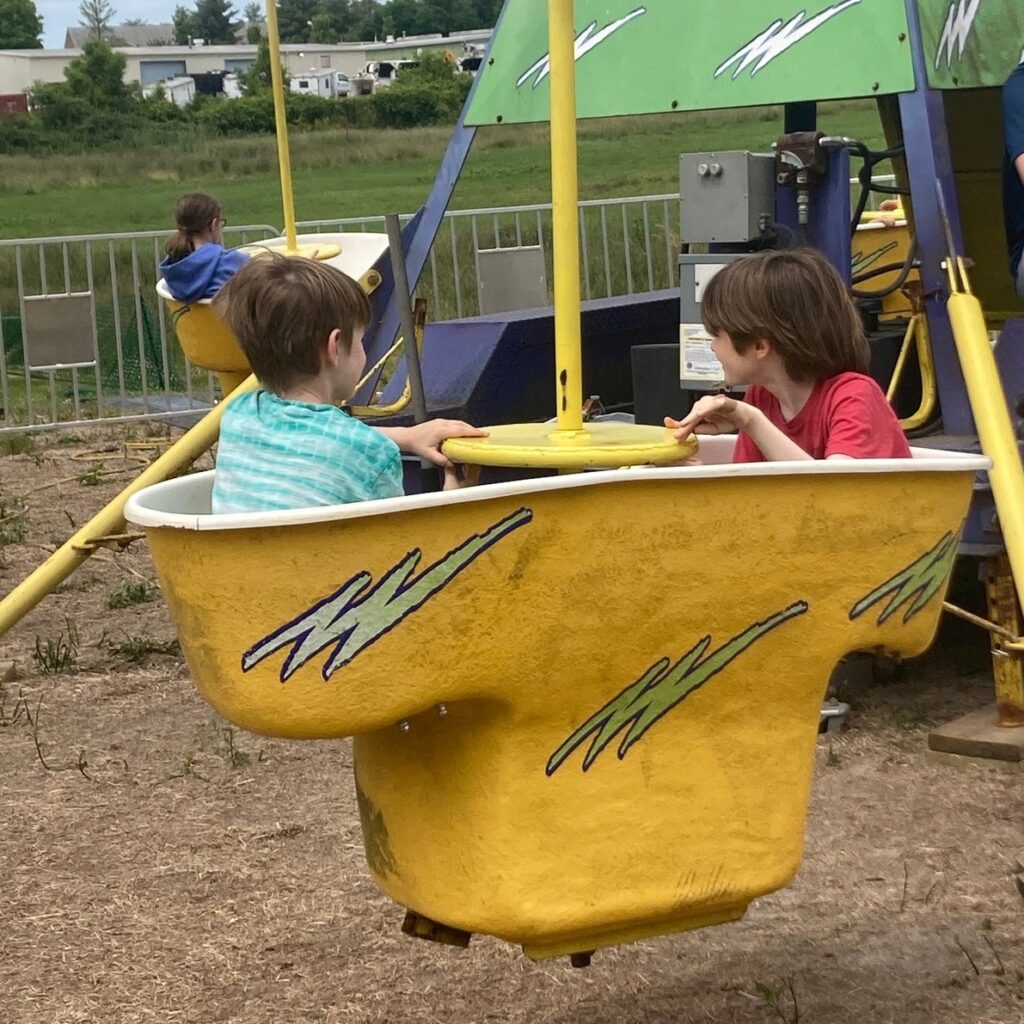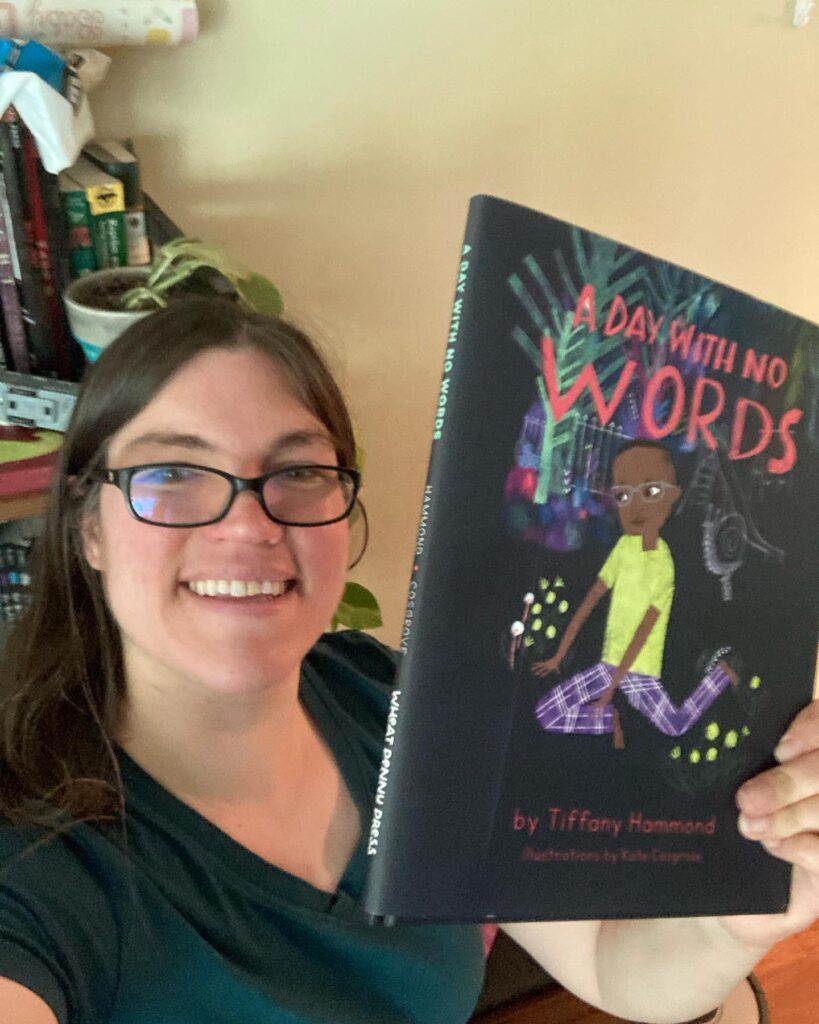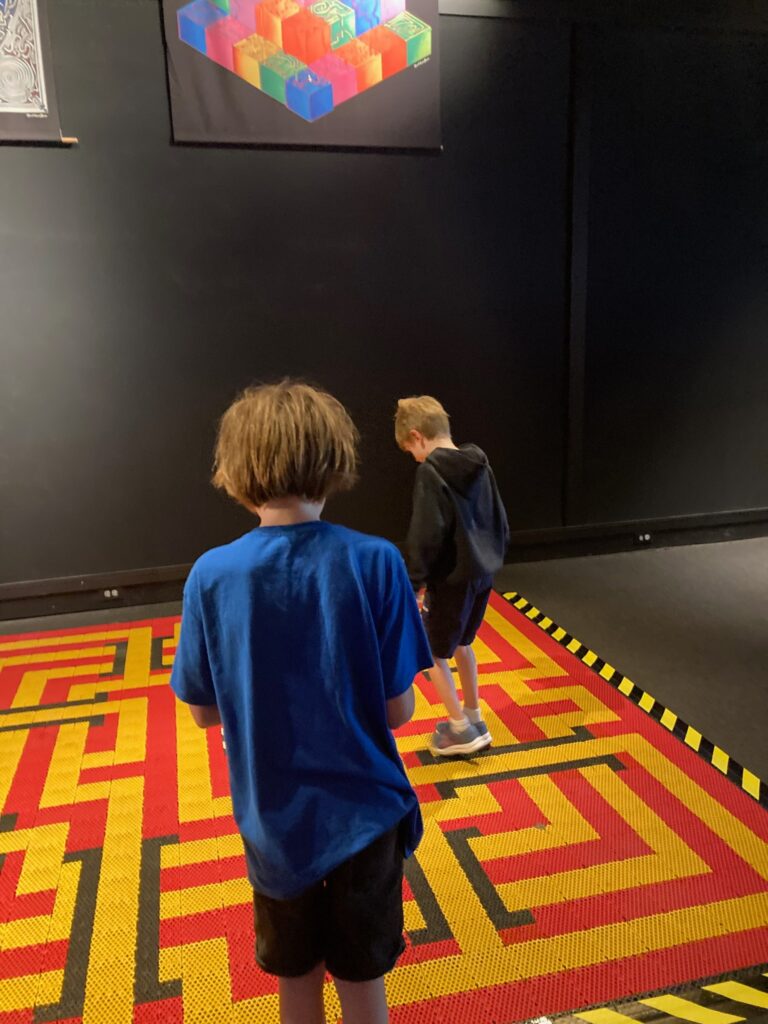
“They fuck you up, your mum and dad.” As a parent, that line from poet Philip Larkin strikes a lot differently than it used to.
Lived experience doesn’t help much on this front. With a “what are you going to do?” shrug, my mother-in-law informed me that you’ll do your best as a parent but there will still be things that your kids will disagree with your parenting or think are hurtful as an adult. Similarly, I hear people talk about how adults said small things to them – for both good and bad – that the adult probably doesn’t remember, but the person has carried with them their whole lives.
The fact is, doing something to screw up my kids is one of my biggest fears as a parent. Not that I’m perfect – far from it. I know I mess up and genuinely apologize to my kids to make up for it.
What I’m scared of is messing up in some major way and having no idea I did so.
Continue reading
